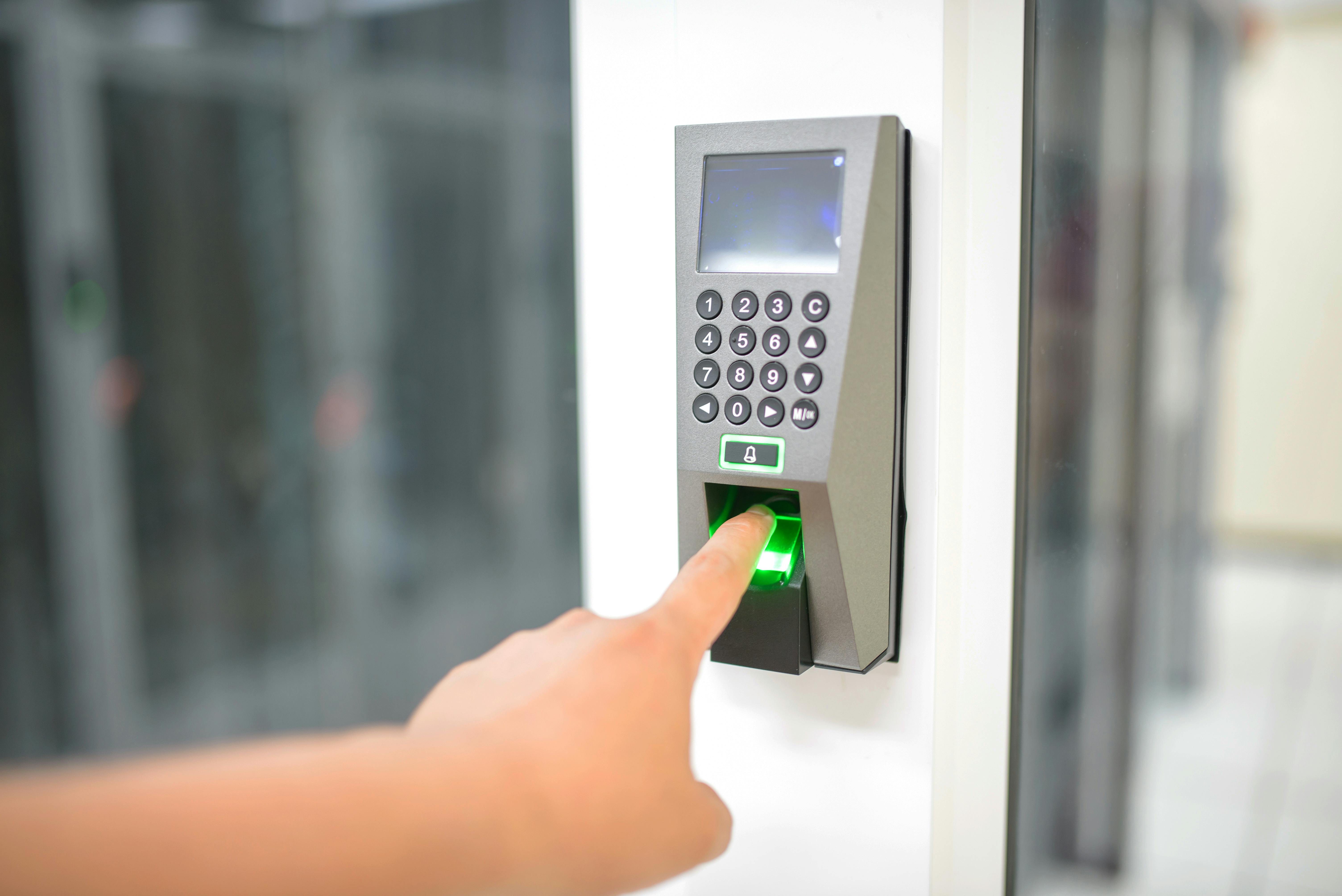Blog
Expert IT support for nonprofits: driving mission success through technology

Nonprofits are built to serve others. While their missions are centered on community impact, reliable technology sits behind the scenes supporting every donation, outreach and program. Expert IT support helps non-profits stay efficient, secure and focused on their work rather than wrestling with technical problems.
Measuring managed IT ROI. Is your IT spend actually working for you?

IT investments should do more than just keep the lights on — they should drive real business impact. But without a clear way to measure ROI, it’s tough to know if your managed services are pulling their weight. At Crimson IT, we help companies like yours turn IT from a cost center into a performance engine, backed by data, efficiency, and long-term value.
Keep the deals moving: Advanced IT services for commercial real estate

When systems fail during a showing or a lease file won’t load before a walkthrough, commercial real estate teams lose time, credibility and revenue. These aren’t small hiccups. They’re the kind of issues that can block deals from closing and make clients question your reliability. Your team needs IT support that moves quickly and works wherever the job takes them.
The biggest mistake small businesses make with IT and how to avoid it

Most small businesses don’t design their IT environments, they piece them together as they go. A few cloud apps here, a firewall from three years ago, someone’s cousin setting up permissions and now the entire operation runs on what’s essentially duct tape and good intentions.
Operational technology cybersecurity: 4 mitigation tactics that actually work

Why this matters now
Operational technology (OT) systems are all around us. Think: industrial control systems, HVAC automation and energy infrastructure. In a nutshell, OT systems include hardware and software used to monitor and control physical devices, processes, and infrastructure in industries such as manufacturing, energy, transportation and utilities.
But, these systems are often ignored in the cybersecurity universe as traditional tools are nearly impossible to implement. This poses a huge opportunity for hackers to take advantage of simple vulnerabilities and execute their next attack. As the line between IT and OT blurs, these systems have become high-value targets. If you're in charge of critical operations, it’s no longer a question of if someone’s probing your defenses. It’s how far they’ll get.
MDR, XDR or EDR? Here’s what actually matters when choosing cybersecurity tools.

When it comes to selecting a cybersecurity strategy that’s right for your business, you’ve probably seen the acronyms. But what do they mean, and which approach is right for you?
MDR, EDR, XDR — cybersecurity technologies that are often used interchangeably, but rarely explained clearly. If you’re making security decisions for your business, you don’t need another tech glossary. You need to know what protects your unique environment, what fits your team and what you can actually operationalize.
Let’s cut through the noise.
Remote Work Support: Tips & Strategies to Keep Remote Workers Secure & Productive

Despite some organizations enforcing a “return to the office” policy, it’s no secret that remote work is here to stay. Implementing a remote work policy can offer numerous benefits for growing companies, such as access to a wider talent pool, increased employee satisfaction, and potential cost savings. However, it also presents several challenges that need to be carefully managed. Developing an IT and cybersecurity infrastructure to optimally support remote teams presents its own set of challenges.
How to recycle your business’s hardware and devices for Earth Day

Earth Day is the perfect excuse to finally deal with that stack of outdated hardware — old phones, retired laptops and equipment gathering dust in storage. Because cleaning up your infrastructure should be as intentional as building it. Proper disposal goes beyond freeing up space. It protects your data, reduces e-waste and keeps your organization aligned with best practices. Disposing of hardware properly isn’t just about freeing up shelf space. It’s about safeguarding sensitive data, meeting regulatory standards and reducing environmental harm.
